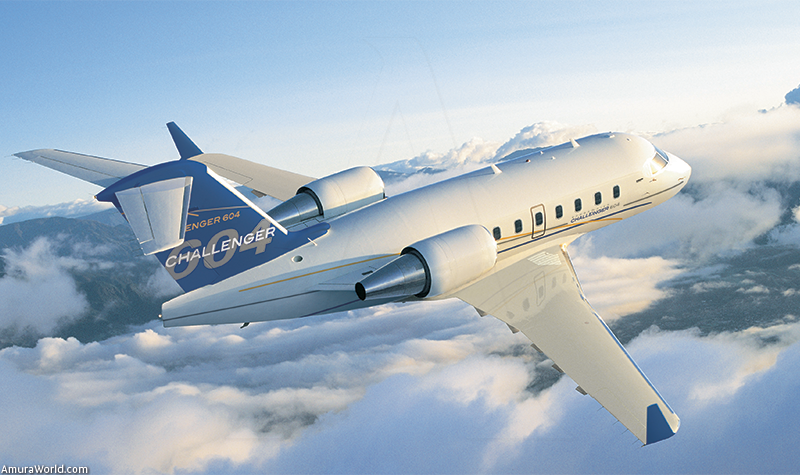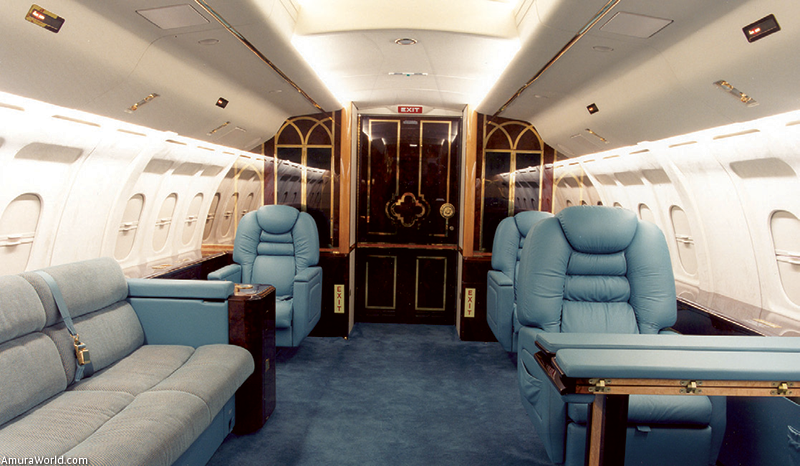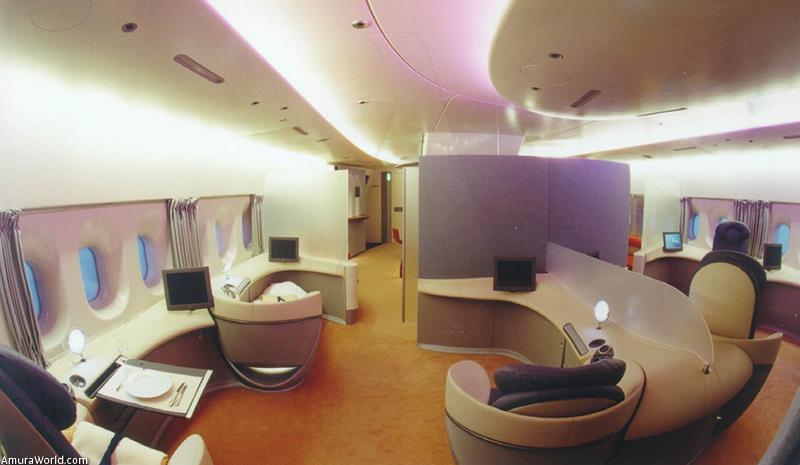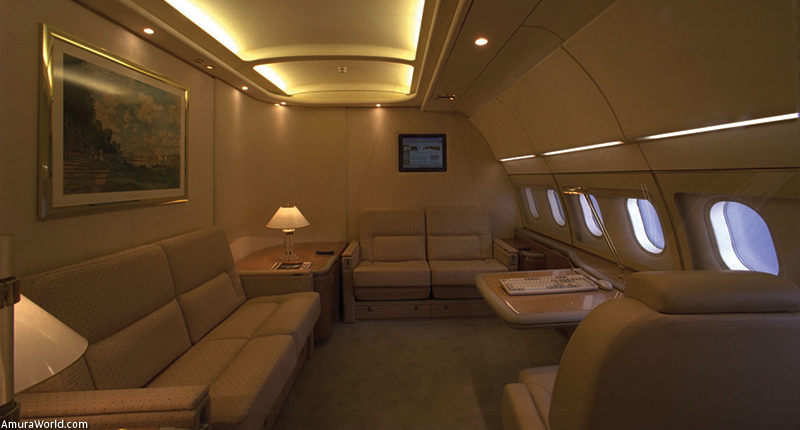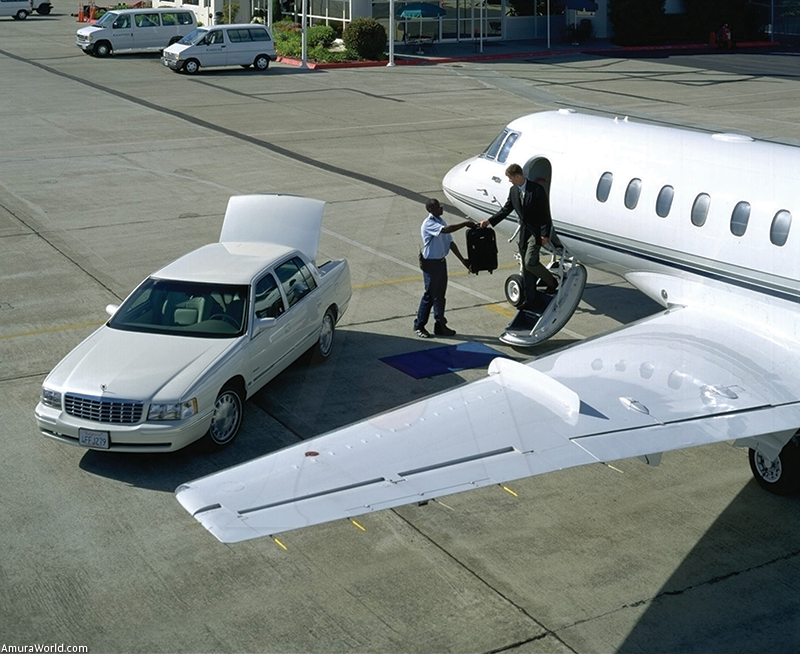When we think about traveling by air from one place to another without being subjected to the inconveniences of commercial flights, the first thing that comes to mind is a private jet. At first, this seems impossible— there is the cost of the plane, maintenance and all the other expenses that it implies. However, there is another way of owning a jet, without the need to spend a lot of money: sharing it with other companies or people who also have to travel constantly, from one place to another, for business or pleasure.
Jet sharing works very simply. You become a “proprietor” of the jet in question, but without spending a lot of money because the expense of maintenance is divided among several people. Obviously, you acquire the right to use the plane during certain hours, following a set schedule, with the option of being able to fly during times that were not taken into consideration initially. Thus, depending on occupation, the jet can be used at a very attractive cost.
This system is not new. In the United States more than 5000 businesses utilize this corporate aviation system as an irreplaceable tool for saving time and increasing their market reach. In Mexico, one of these companies is Aerolíneas Ejecutivas (ALE), founded in 1968.
When it began, ALE operated as an Air Taxi throughout the country and later started maintenance programs, generating important developments in ground facilities and equipment. In 1994 it became the exclusive national sales representative for Beechcraft and Hawker executive jets.
At the end of the past decade it started Mexjet, which offers all the benefits of executive aviation at a fraction of the cost, with high standards of quality, efficiency and security. And today it provides an outstanding maintenance program through one of the 15 authorized Raytheon Aircraft service centers. Raytheon Aircraft Services México (RASM) located its hangars in Toluca in an area covering 23 000 M2. The Mexjet fleet consists of eight Hawker 400A and three Hawker 800 XP that can be adapted to the needs of the client.
How the Jet Sharing System Works
In the case of Mexjet, a plane is divided into five, six or ten equal parts, with each part equivalent to a set number of hours. For example, a fifth is equal to 160 hours a year and must be used within a specific period of time. The number of hours can range from 160 to 800 per year. The amount depends on the particular needs of each company.
With only four hours notice, a client can have jet service at his or her disposition 24 hours a day, 365 days a year. Once the flight has been completed, it is charged to the traveler’s account, on a statement that is sent out at the end of the month and that includes a breakdown of activities. Regarding costs, the client pays an annual fee that includes hangar, administration, insurance and programmed maintenance for the plane, pilots and their training. The initial contract is for six years and can be extended to 12 years. At the end of the 12th year, you only have to renew it in order to keep enjoying these benefits.
The services that the company provides include coordinating flight operations in and out of the country, reserving hotels and automobiles, fueling, extraordinary services, on-board commissaries, Immigration and Customs procedures, ticket sales and information, preparation of planes for flight, service 24 hours a day, 365 days of the year, and ground transportation between Toluca and Mexico City.
Time Control
Mexjet offers programs that are designed to comply with the specific needs of individuals or businesses. The traveler purchases precisely the flight hours that he or she requires and no more. This means that no money is lost on fixed expenses and “dead hours” that are generated when you own the entire plane. The program, furthermore, can be cancelled six months in advance (after the first year of the contract).
Regarding costs, Mexjet charges hourly rates, guaranteeing annual fixed costs for 12 years, with increases based on annual inflation in the United States. This is how travelers become owners of their time, but without their money “flying away” before them.
|
•Flight time and Haulage: From the time the plane leaves its base until it returns. That is, to say, from the time the turbines are started until they are turned off. •Ferrying: This is the term used when the plane is moved without passengers, either to its base or some other destination. Flight times are considered as part of the client’s hours and are charged to his or her •Overnights: This is when the plane spends the night outside of its home base. The overnight fee is charged to the client’s account. To calculate this charge, each overnight is equal to one and a half hours of flight time, and is considered as part of the hours contracted. •It is the airline’s decision about whether the plane overnights or flies “ferry” to its base. The client will be charged on his or her statement for whichever is less expensive, either the ferry portion or the overnight. •Flight reservations: The client must request, in writing, his or her flight at least 12 hours in advance. In case of an emergency, it can be done four hours, in the understanding the client will try to notify the airline as far in advance as possible. •On long weekends and holidays the client should reserve his flight a minimum of 72 hours in advance. On these days, service will be given on a first come first serve basis and subject to availability. •Commissary: This refers to the food that the client orders for and consumes during the flight. It should be requested by the client a minimum of three hours in advance, and will be included in the monthly •Punctuality: Clients are required to board 15 minutes before flight time. Clients who are late will have to wait whatever time is necessary to make the flight without affecting other clients. •Flight Cancellation: Clients should cancel flights, in writing, a minimum of 12 hours in advance. If this is not done, a cancellation fee will be charged. |
Text: Laura Velázquez ± Photo: Bombardier, Kaiserair, Avro y Airbus

